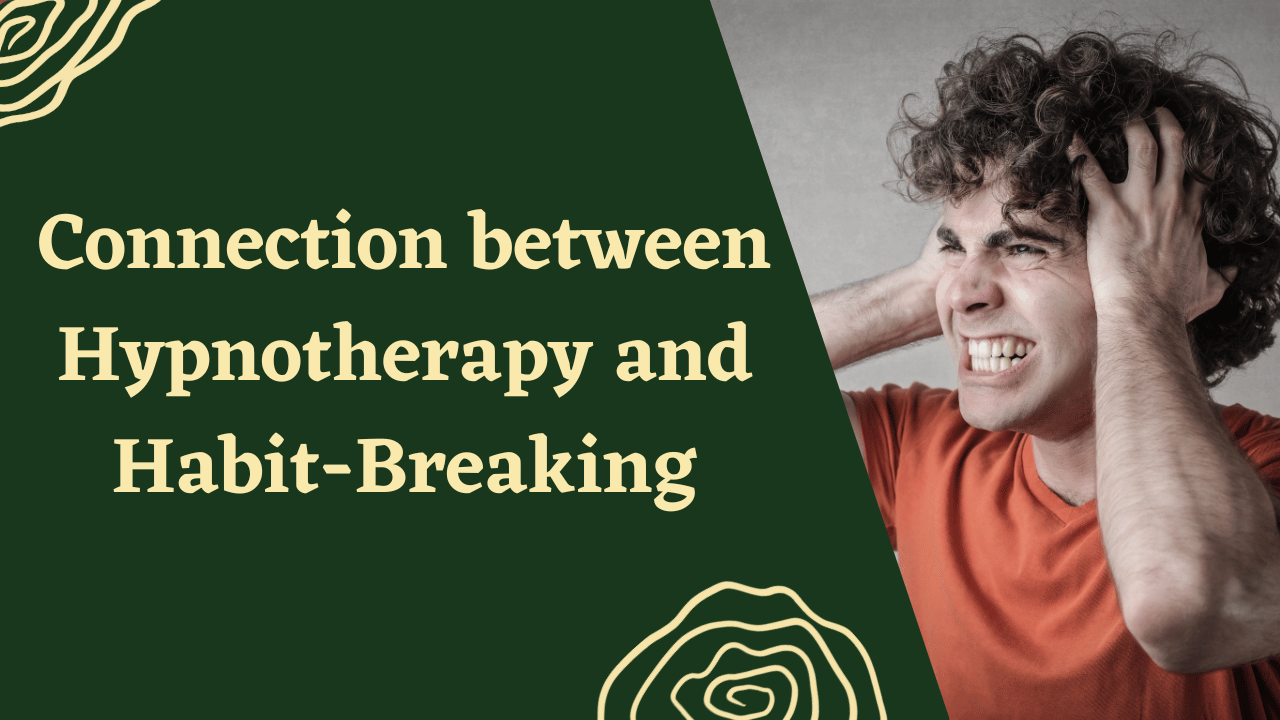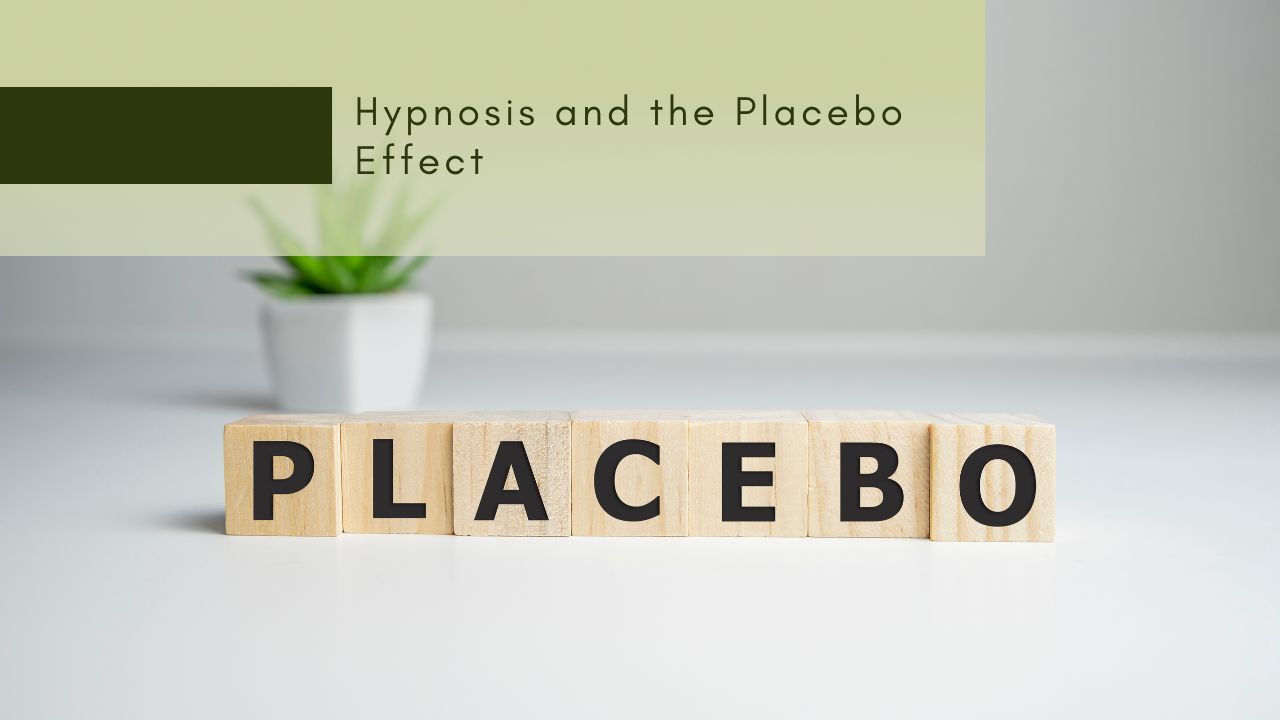How does hypnotherapy contribute to breaking bad habits?
A habit is a repeated pattern of behaviour where this pattern can be seen as having a trigger, an action (the behaviour) and reward. These habitual behaviours become almost second nature because they get stored deep within a primitive part of the brain called the Hippocampus which is designed to store information that helps us quickly take action to stay safe and find balance or equilibrium. The storing of these automated habits is not helpful for habits we want to change because they become our automated “go to behaviours” and can be difficult to shift even when we are conscious of it.
During hypnotherapy the triggers that lead to the behaviour and the emotional needs that meet the habits are explored, then alternative or healthier options (which are acceptable to the client) to replace the emotional needs are identified to support changes in behaviour. The client is then guided into a deep state of relaxation called hypnosis, and it is when the client in this state that the subconscious mind is more open and receptive to change. It is during hypnosis that a new, positive behaviours can be suggested to the client’s subconscious mind as an alternative response to the habit.
Can hypnotherapy help with addiction? How?
In essence, hypnotherapy is a combination of psychotherapy and hypnosis. Evidence-based studies suggest that hypnotherapy can effectively treat addiction.
People with addictions have programmed themselves to follow their addiction by repeatedly doing the same thing and believing it’s out of their control. Hypnotherapy will help change that programme in the mind- it’s like putting new software into your computer. This will allow the creation of new habits, behaviour and thought patterns, to enable the individual to get back in control. With hypnosis subjects will only make the changes they want so they are in control of their changes.
Hypnotherapy begins by looking at your habit and the reasons behind it, and then looking at its consequences in your life. This focuses the mind on the need to change and focusing about your goals for change. The process helps to boost your motivation and break the old beliefs that held you back and stopped you from making changes stick. At the same time the hypnosis meditation work reinforces the need to take control by suggesting new ways of thinking and behaving.
What is the average number of hypnotherapy sessions required to see changes?
Everyone and their situation are unique and the number of sessions will therefore vary. Usually a minimum of three- five sessions will be required but it is not uncommon for some to need more sessions, especially for those that require ongoing therapeutic support.
Can hypnotherapy address multiple bad habits at once?
Individuals can be overwhelmed by too much change. Hypnotherapy is therefore more effective when the client prioritises the habits they wish to change in order of importance to them. Issues for change can be prioritised and programmed with the help of the hypnotherapist.
Are the effects of hypnotherapy for habit-breaking long-lasting?
The effects of hypnotherapy can last a lifetime for many, but everyone is unique as is their life situation which can change over time. Additionally, previously unknown, and unaddressed triggers can present after the hypnotherapy. This means that some may need to continue to use hypnosis recordings, practice self-hypnosis on a regular basis, or seek top up hypnotherapy sessions from time to time.




